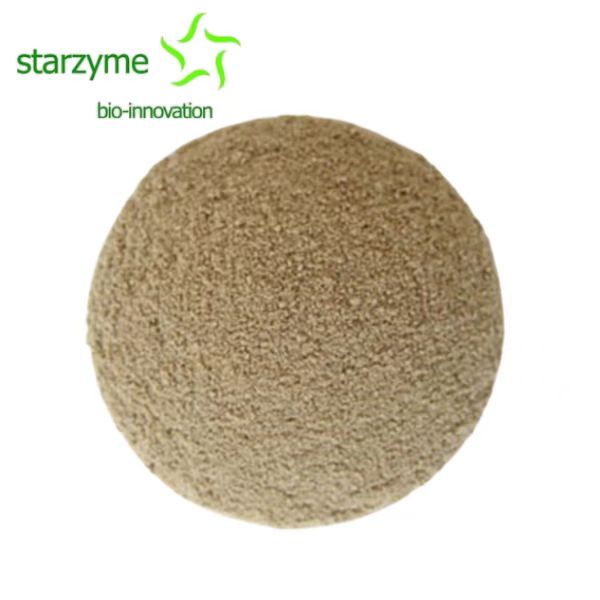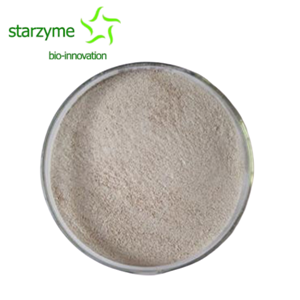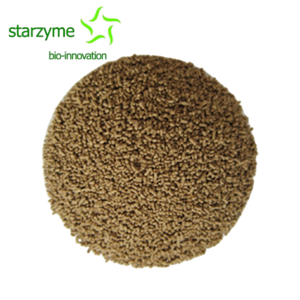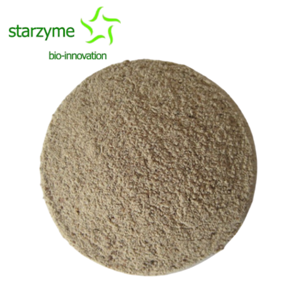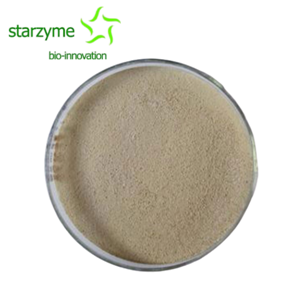Usi agricoli del Bacillus licheniformis (continua)

The following are more aspects that further supports the fact that Bacillus licheniformis has an important role in the field of agriculture.
Enhance stress resistance: Bacillus licheniformis can enhance soil buffering capacity, retain water and moisture, thereby improving crop drought resistance, cold resistance, and flood resistance.
Improving soil structure: Bacillus licheniformis can decompose organic matter in soil into humus, greatly improving soil fertility. It can also improve the soil, improve the particle structure, enhance the water and energy storage effect of the soil, and alleviate the obstacle of continuous cropping. Furthermore, it promotes the proliferation of beneficial bacteria in the soil, inhibits the growth of harmful bacteria, maintains soil microecological balance, and thus increases soil fertility.
Improving crop yield and quality: Bacillus licheniformis promotes photosynthesis and stomatal opening in plants, increasing the content of plant pigments, proteins, and carbohydrates, thereby improving crop quality and yield. In addition, it can increase the absorption rate of nutrients such as nitrogen, phosphorus, potassium, and trace elements in crops, which also significantly increases crop yield.
Environmentally friendly: Bacillus licheniformis has the ability to degrade organic pollutants, which contributes to environmental protection. It can also reduce the use of chemical fertilizers and pesticides, promoting the development of ecological agriculture.

